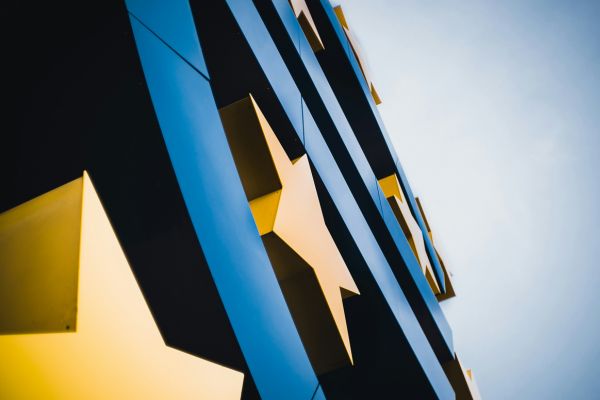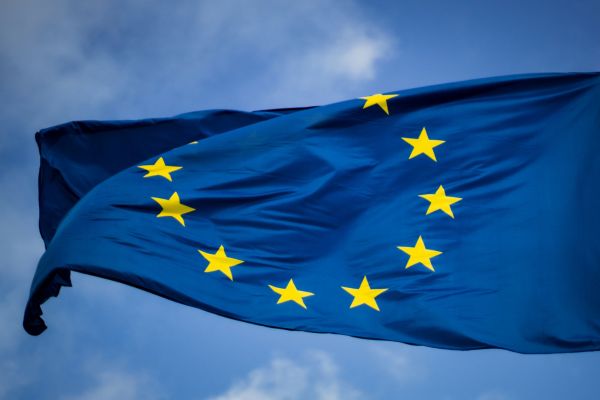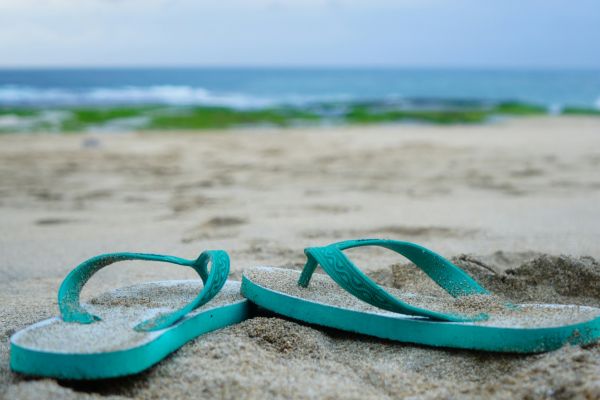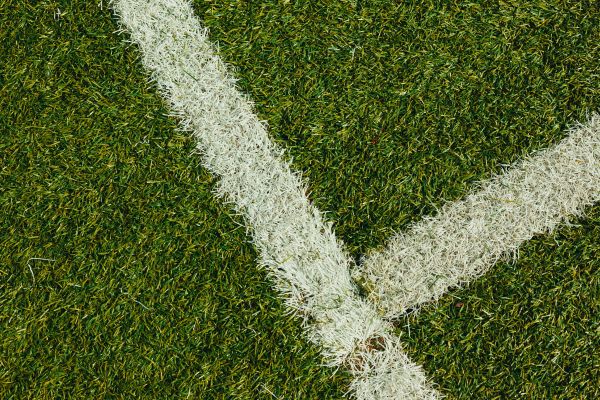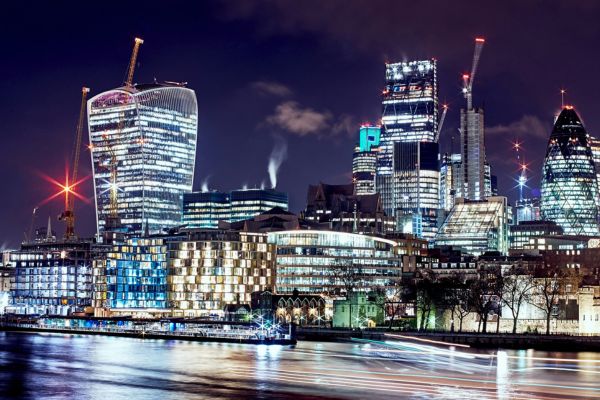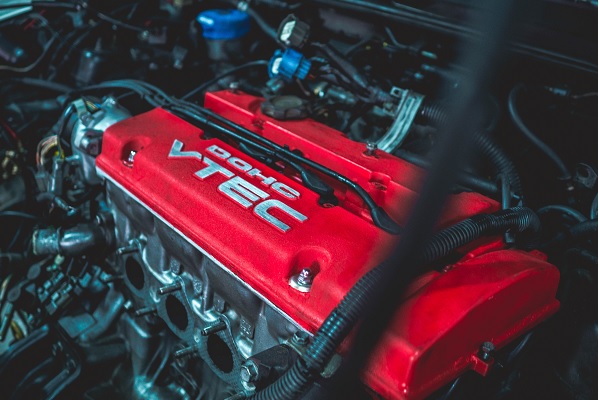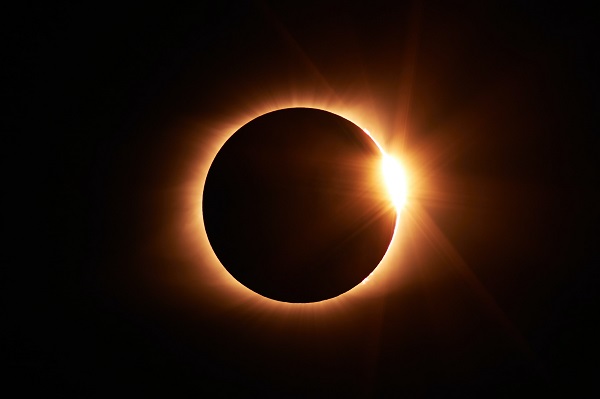The Chinese property development company Evergrande has been frequently in the financial press during most of 2021. Since it is also often used in structured products in Asian markets it is of particular interest.
Background
Evergrande is China’s second biggest property company and has been in trouble for at least two years due to its aggressive expansion and the associated debt burden. It is now thought to be the world’s most indebted company with $300 billion in debt, a rather unwelcome title that means it deserves attention. As at the end of October 2021 its equity market capitalisation was only $40bn, indicating the market is ascribing very little net worth to that debt.
The company was founded in 1996 and had always funded its growth through a large programme of high yielding bonds. Though initially successful it has continued to seek funding for a number of property deals and has also expanded into a number of other areas such as electric vehicles and investment in and development of a Chinese premier league football club. It remains a distant second to Country Garden (the largest Chinese property company) which is five times as large by market capitalisation.
The perils of property
Property development is a notoriously difficult business to be in as it is exposed to just about every possible risk. Political considerations, labour, planning, taxes, interest rates and currency movements are all factors that determine profitability. The real estate market is subject to unpredictable long term movement, and crucially the lead time in property development makes it very difficult predicted revenue with costs. There have been many examples of real estate failures and problems, such as the bankruptcy that affected the development of London’s Canary Wharf in the 1990s and the severe real estate crisis in Ireland in 2008.
Evergrande has been struggling to service its high debt levels and made warnings to the market that it may delay or miss coupon payments. The most recent warning came in late September. Consequently Evergrande bonds are now trading at 20%-30% of par for short to medium term debt indicating a very distressed position. This is even less than the 40% level that is normally taken to be the average recovery rate once a company has defaulted. The global slowdown of the last two years due to the pandemic has exacerbated the problems that Evergrande faces, with poorer business prospects, reduced property valuations, and a tightening of liquidity in the market.
Fears of knock-on
The reason that Evergrande’s troubles have become such big news is because the worry of a knock-on effect for companies that are exposed to its debt or reliant on it for business. Because Evergrande had the most corporate debt in the world it would be a very big event for them to default and would have a knock-on effect on both bond and equity markets in Asia and beyond. Indeed, the early part of the week of 20th September 2021 saw a 3% fall in the S&P-500 mostly as a result of concerns of Evergrande. If this company were to default it would also act as a further dent in confidence of the China economic story. Such an outcome has been compared to some to the bankruptcy of the Investment Bank Lehman Brothers in 2008 because of the nature of the failure and the ability to affect other companies and markets. While Evergrande’s default would be a serious event it is hard to see it having anything like the same impact, due in part to the various market protections put in place post Lehman.
Market developments
Since the start of 2021, the Hang Seng China Enterprise Index (HSCEI) has fallen 17%, while Evergrande has fallen a staggering 83%, to be at one sixth of its level in January. By comparison, Country Garden has fallen by 32% which is also significantly more than the HSCEI. Its fall is partly in consequence to the fate of Evergrande and a re-rating of the sector. Evergrande’s stock price volatility this year has been over 70%, also dwarfing Country Garden at 38% and the HSCEI at 24%.
Structured product performances in Hong Kong and South Korea
Evergrande has featured in baskets in capital protected products in South Korea alongside companies like Tencent Holdings (technology) BYD (manufacturing) and Sands China (resort developer and operator). Such products if fully capital protected would help avoid losses due to the dramatic falls in Evergrande. Currently there are 5 live products on the www.structuredretailproducts.com website.
In Hong Kong, Evergrande has been used more frequently, and www.structuredretailproducts.com reports 65 live products. Here the typical construction is Evergrande stock only as the underlying, capital at risk and shorter maturity. Examples include 3 month and 6 month reverse convertibles with very high coupons, 3.72% per month on the 3 month (equivalent to 44.64% p.a.) and 2.89% per month on the 6 month (34.68% annualised). Both products can be called early, and feature 50% American barriers with a strike level around 85%.
The 3 month product example has just matured with the stock going through its barrier and consequently losing nearly 50% of investor’s capital. For a stock to fall below a 50% barrier in three months demonstrates high volatility played out with a large fall. Anyone investing in short dated single stock reverse convertibles needs to think of them as equity investments with some protection, rather than an investment which can just lose capital. A portfolio approach of proper diversification and astute timing is needed to stand a realistic chance of success. Communicating this to retail investors remains challenging and subject to a high level of regulatory scrutiny.
The Evergrande story will continue to dominate the headlines and underlines the importance of asset allocation in investing in structured products or directly.
Tags: Stress testingA version of this article has also appeared on www.structuredretailproducts.com
Image courtesy of: Didss photography / unsplash.com


